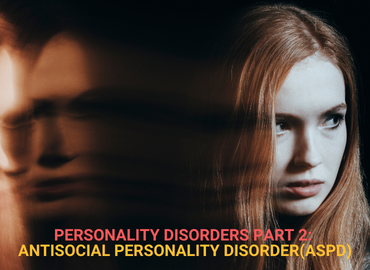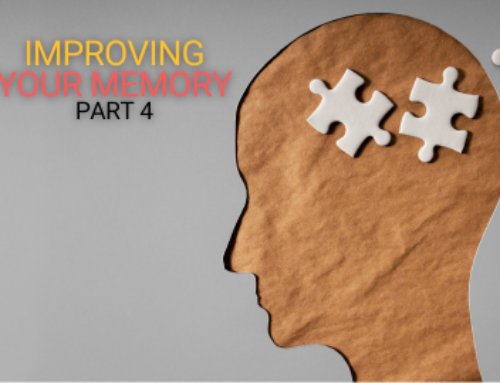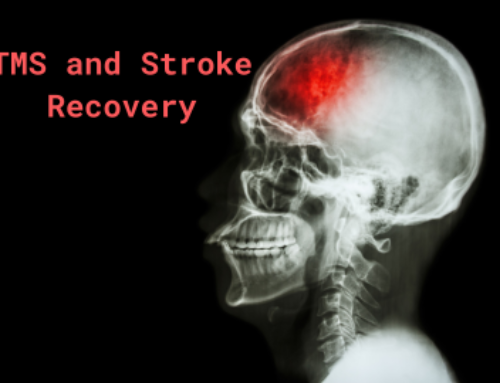Personality Disorders Part 2: Antisocial Personality Disorder (ASPD)
What is ASPD?
Antisocial Personality Disorder (ASPD) is a mental condition in which, like other personality disorders, someone has aberrant thought patterns that alter their behavior and wellbeing.
ASPD often proves highly detrimental to the life of the sufferer as well as those around them. This is because “antisocial” in this context does not mean someone who just doesn’t like people and withdraws to avoid them. People with ASPD are essentially drawn to problematic behavior, sometimes to the point that they cannot hold a job or stable relationships.
Signs and symptoms include:
- Angry outbursts with little provocation.
- Picking fights, whether verbal, physical, or both.
- Telling lies when it serves them.
- Willingness to hurt others to please themselves.
- Low impulse control.
- Little to no remorse for their actions.
Why is ASPD?
There is a lot of overlap between ASPD and sociopathy, but professionals disagree over whether or not they are the same thing. Either way, dismissing people with Antisocial Personality Disorder as just “evil” is ill-advised. That is not what helps them or the rest of society.
Much study is underway to determine where ASPD comes from and how to treat it. For now, a combination of nature and nurture is the bare-bones consensus. Studies are being done to determine if there is a genetic development, as well as how adverse life events, particularly during one’s formative years, affect the way the brain forms and communicates with itself. So many mental health conditions are linked to areas of the brain being underdeveloped and neurotransmitter imbalances.
Confronting ASPD
It can be tough to get people with ASPD treatment, as they need to realize and concede that their thought and behavior patterns are destructive. Self-awareness is incredibly important in getting someone with ASPD help. Unfortunately, much misery is often caused before help is gotten, and that help might be forced, such as in a criminal case where the person undergoes a psychiatric evaluation.
One important step is to monitor how children develop. If a child consistently commits harmful acts and shows little remorse, they are not a “bad” child, there is a problem somewhere and someone with qualified insights should be involved. An adult sufferer may be interested in a utilitarian approach, in that they are more likely to get what they want in life by balancing their behavior, identifying destructive impulses, and growing their ability to restrict those urges. Therapy and mood stabilizer medications like quetiapine have had positive effects.
If you need to talk with a professional about ASPD, call us at (585) 442-6960 or use our contact form.





